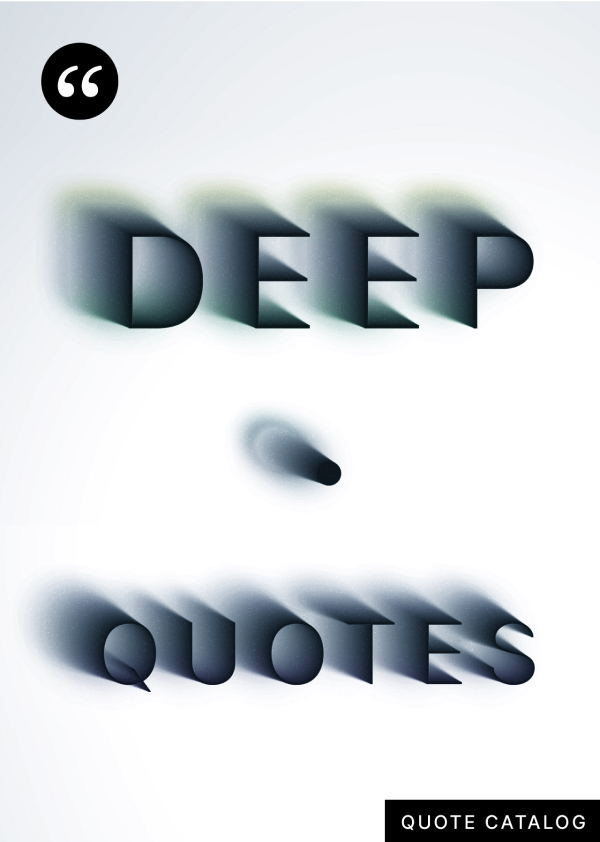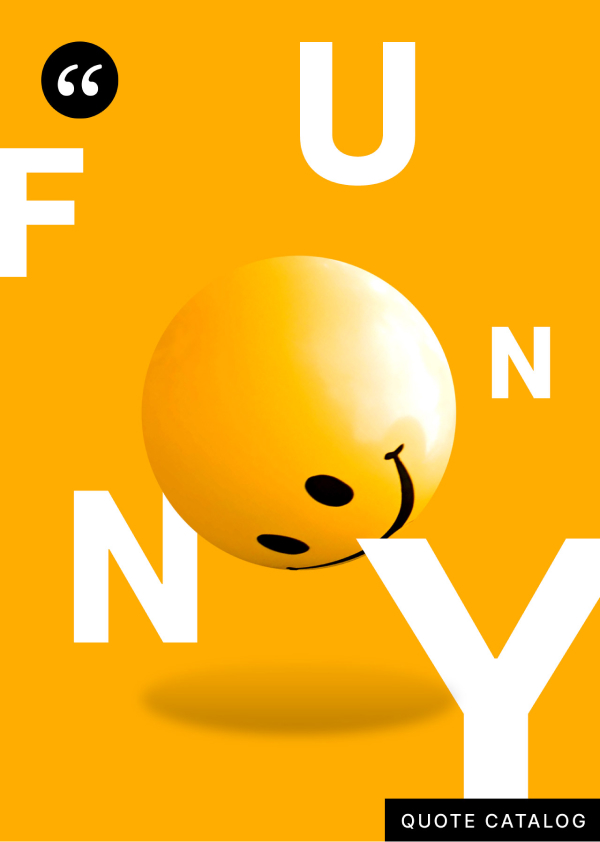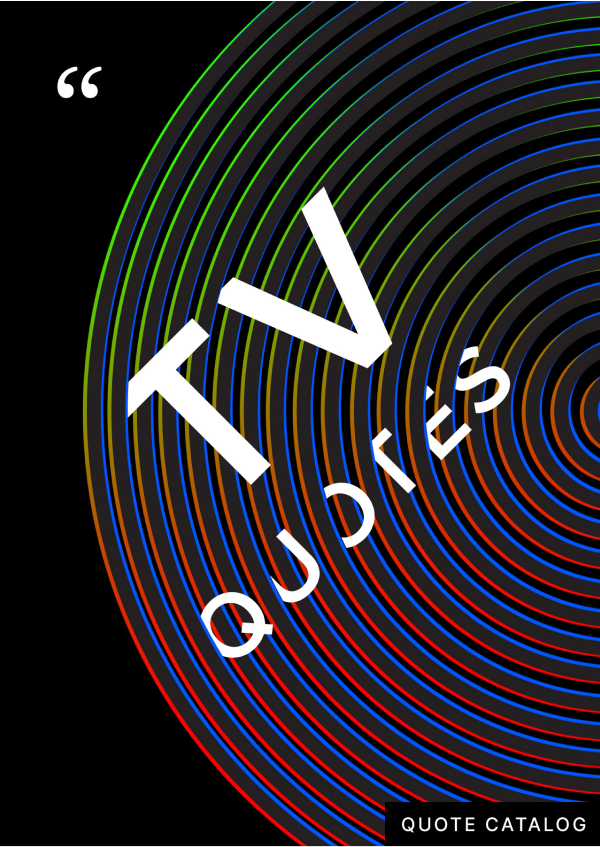“Lenin had been a risk-taker. Trotsky had been one, too, until Stalin had made him the Bill Gates of the Soviet Union, the excoriated crypto-reactionary. But Stalin himself hadn’t needed to take so many risks, because terror worked better. Although, to a man, the new revolutionaries all claimed to worship risk-taking— a relative term in any case, since the risk in question was of losing some venture capitalist’s money, at worst of wasting a few parentally funded years, rather than, say, the risk of being shot or hanged— the most successful of them had instead followed Stalin’s example. Like the old politburos, the new politburo styled itself as the enemy of the elite and the friend of the masses, dedicated to giving consumers what they wanted, but to Andreas (who, admittedly, had never learned how to want stuff) it seemed as if the Internet was governed more by fear: the fear of unpopularity and uncoolness, the fear of missing out, the fear of being flamed or forgotten. In the Republic, people had been terrified of the state; under the New Regime, what terrified them was the state of nature: kill or be killed, eat or be eaten. In both cases, the fear was entirely reasonable; indeed, it was the product of reason. The full name of the Republic’s ideology had been Scientific Socialism, a name pointing backward to la Terreur (the Jacobins, with their marvelously efficient guillotine, may have been executioners, but they fashioned themselves as executors of Enlightenment rationality) and forward to the terrors of technocracy, which sought to liberate humanity from its humanness through the efficiency of markets and the rationality of machines. This was the truly eternal fixture of illegitimate revolution, this impatience with irrationality, this wish to be clean of it once and for all.”
About the author
This page was created by our editorial team. Each page is manually curated, researched, collected, and issued by our staff writers. Quotes contained on this page have been double checked for their citations, their accuracy and the impact it will have on our readers.
Kelly Peacock is an accomplished poet and social media expert based in Brooklyn, New York. Kelly has a Bachelor's degree in creative writing from Farieligh Dickinson University and has contributed to many literary and cultural publications. Kelly assists on a wide variety of quote inputting and social media functions for Quote Catalog. Visit her personal website here.
Kendra Syrdal is a writer, editor, partner, and senior publisher for The Thought & Expression Company. Over the last few years she has been personally responsible for writing, editing, and producing over 30+ million pageviews on Thought Catalog.







